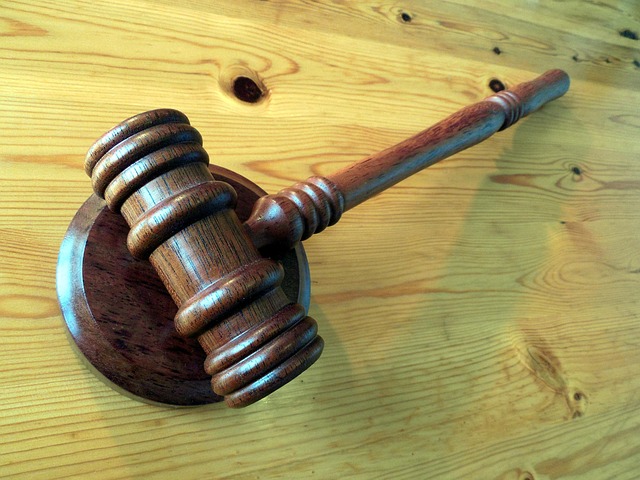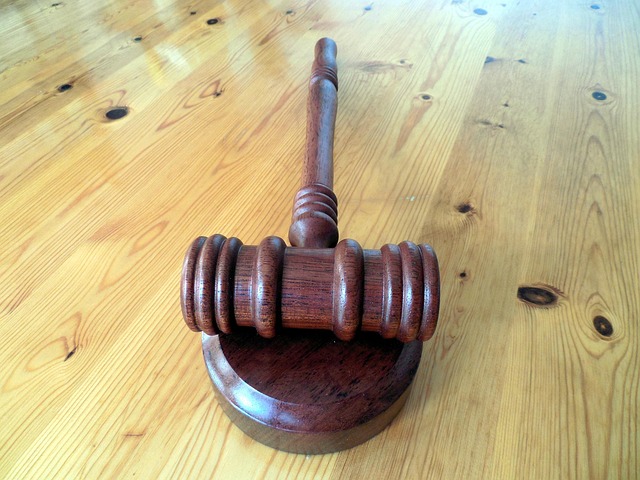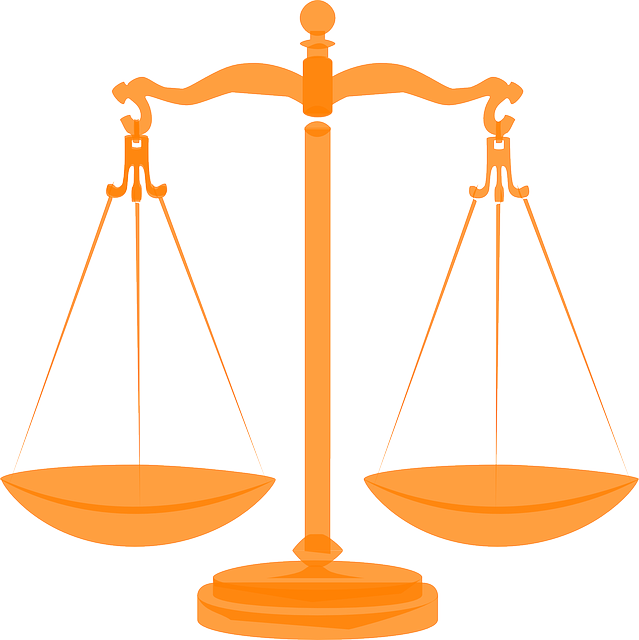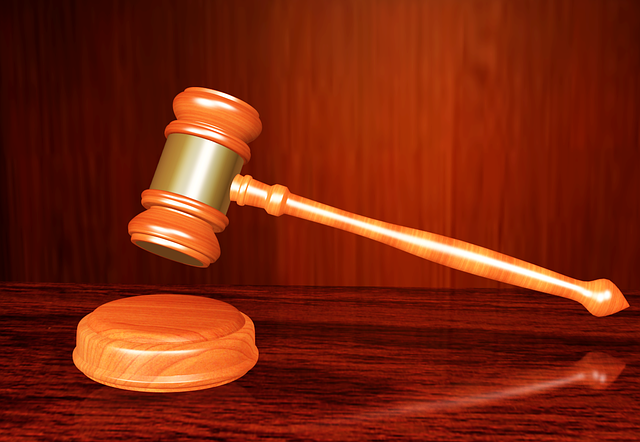Whistleblower Protection Laws (WPL) encourage exposure of illegal activities by offering legal safeguards to employees. Class action lawsuits for whistleblower protection involve plaintiffs with similar experiences against unethical organizations, requiring specific eligibility criteria based on jurisdiction and industry. Understanding WPL and class action requirements is vital for seeking justice in white-collar crime cases, where success hinges on evidence, reporting, and adherence to legal procedures.
“Whistleblower Protection Lawsuits: A Comprehensive Guide
In today’s legal landscape, whistleblower protection lawsuits are becoming increasingly significant as a means to uphold ethical conduct within organizations. This article delves into the intricacies of these cases, offering valuable insights for those considering taking action. We explore key topics such as understanding whistleblower laws, triggers for class actions, eligibility criteria, and navigating legal barriers. By examining successful strategies, individuals can gain an edge in pursuing justice and ensuring compliance with Class Action Lawsuit Eligibility Requirements.”
- Understanding Whistleblower Protection Laws
- What Triggers a Class Action Lawsuit?
- Eligibility Criteria for Whistleblower Protections
- Navigating Legal Barriers in Whistleblower Cases
- Strategies for Successful Whistleblower Lawsuits
Understanding Whistleblower Protection Laws

Whistleblower Protection Laws (WPL) are designed to safeguard individuals who expose illegal or unethical activities within their organizations from retaliation. These laws provide a legal framework, ensuring that whistleblowers can come forward with confidence, knowing they won’t face adverse consequences. Understanding these protections is crucial for anyone considering initiating a Class Action Lawsuit, especially when it comes to eligibility requirements.
The WPL covers a wide range of disclosures, including those related to public health and safety concerns, financial fraud, environmental violations, and more. In the context of white-collar defense, these laws are essential in navigating all stages of the investigative and enforcement process. They offer a balance between promoting internal accountability and protecting employees who take a stand against corporate misconduct, fostering a culture of transparency and integrity within businesses.
What Triggers a Class Action Lawsuit?

When it comes to whistleblower protection lawsuits, a class action suit is initiated when a significant number of individuals or employees come forward with similar experiences and allegations against a respective business or organization. This type of legal action is sparked by an unprecedented track record of unethical practices, violations of employment laws, or white-collar crimes.
Typically, there are specific eligibility requirements for individuals to join a class action lawsuit. These criteria ensure that the plaintiffs have suffered harm due to similar illegal activities and can collectively seek justice. The process involves gathering evidence, building a strong case, and representing the interests of those who have been wronged, often with the help of specialized white-collar defense attorneys.
Eligibility Criteria for Whistleblower Protections

Whistleblower protection laws provide a safety net for individuals who expose illegal or unethical activities within their organizations. To be eligible for these protections, one must meet specific criteria set forth by the legislation. Typically, this includes being a current or former employee, contractor, or consultant who has knowledge of corporate fraud, violation of consumer protection laws, environmental crimes, or other non-frivolous disclosures of wrongdoing. The individual must also have a reasonable belief that their disclosure is protected and that the alleged misconduct warrants attention.
Class action lawsuits involving whistleblowers often require a higher bar for eligibility requirements. In these cases, plaintiffs must demonstrate they fit within the defined class, possess legitimate claims, and meet the specific criteria outlined by the law. Achieving extraordinary results in such lawsuits hinges on a deep understanding of white-collar defense strategies and navigating complex legal landscapes to avoid indictment while pursuing justice.
Navigating Legal Barriers in Whistleblower Cases

Navigating Legal Barriers in Whistleblower Cases involves understanding intricate eligibility requirements for class action lawsuits. These requirements vary significantly depending on jurisdiction and industry, making it crucial for potential whistleblowers to seek legal counsel early. A qualified attorney can help unravel complex regulations and ensure that all necessary conditions are met before proceeding.
Whistleblower protection laws aim to incentivize individuals to expose corporate misconduct while safeguarding their rights as either corporate or individual clients. Achieving extraordinary results in these cases often hinges on the strength of evidence, timeliness of reporting, and adherence to legal procedures. Jury trials play a pivotal role in holding culpable parties accountable, providing a public forum for exposing wrongdoings and ensuring that justice is served.
Strategies for Successful Whistleblower Lawsuits

Whistleblower lawsuits can be complex and high-stakes, but with the right strategies, individuals can protect their rights and seek justice. One key aspect is understanding class action lawsuit eligibility requirements. These cases often involve significant financial losses or harm to many victims, making class actions a powerful tool for collective redress. By aggregating claims together, whistleblowers can strengthen their position against powerful organizations accused of white collar and economic crimes.
A successful strategy involves thorough documentation and evidence collection, as well as engaging experienced legal counsel specialized in whistleblower protection. Presenting compelling facts and expert testimony, along with demonstrating the scale of harm caused by fraudulent or illegal activities, can lead to winning challenging defense verdicts. Across the country, numerous cases have highlighted the importance of these lawsuits in holding corporations accountable for their actions, ensuring that whistleblowers are not silenced but rather empowered to make a positive impact.
Whistleblower protection lawsuits play a vital role in upholding ethical standards within organizations and ensuring accountability. By understanding the nuances of whistleblower protection laws, individuals can navigate complex legal barriers and leverage strategies for successful claims. When faced with violations of these protections, class action lawsuits offer a powerful tool to enforce eligibility requirements and secure justice for whistleblowers. Armed with knowledge and the right approach, folks can expose wrongdoings and foster a culture of transparency, ultimately revolutionizing organizational conduct.






